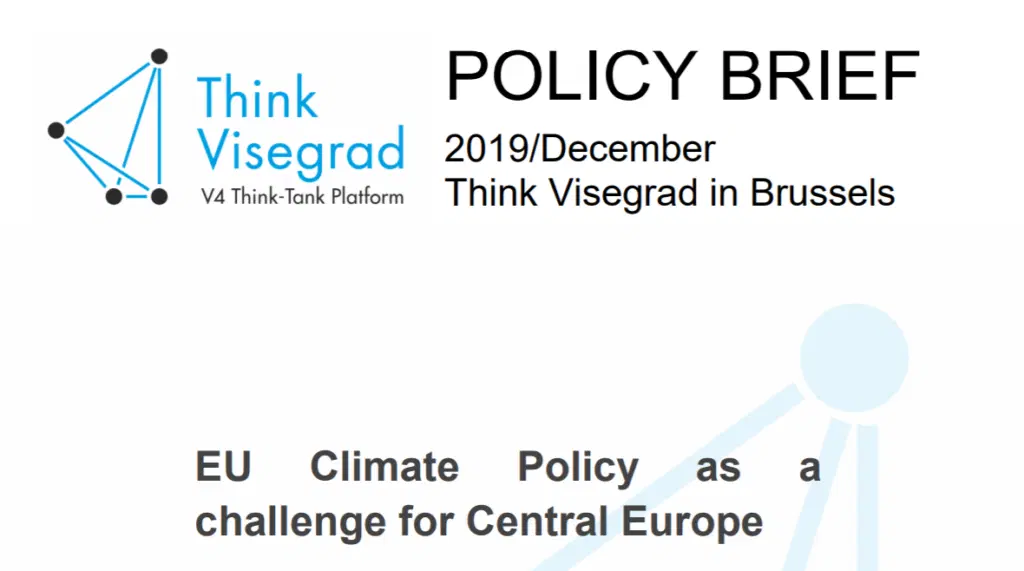EU Climate Policy as a challenge for Central Europe

While analyzing the stance towards the EU climate policy in Central Europe, one should keep in mind the previous weakness of the Green parties in the region. It was expressly visible in the elections to the European Parliament in May 2019, when representatives of this political family considerably improved their results in Western Europe while their counterparts in Central Europe performed poorly.
Consequently, the political ownership of the climate change issue in terms of political strength and creditability is largely missing. These features of the political landscape are reflected in the policy-making as well as in the public debate. However, one should not infer from the weakness of the Green political forces that the interest in the climate related issues is missing. There are specific issues which enjoy high societal attention, for example, the air pollution in Poland or scarcity of water resources in Czechia and increasingly in Poland, too. More broadly, the environmental topics are relevant in the party competition in Slovakia.
Celý policy paper je k dispozici v PDF, které si můžete stáhnout vedle článku, nebo pod tímto tlačítkem.





